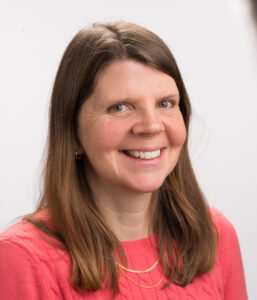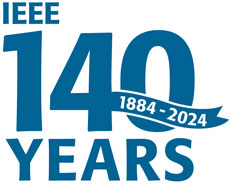
2024 IEEE Mildred Dresselhaus Medal
Sponsored by Google
For foundational work in the design and verification of cyber-physical systems with applications to safety in autonomous systems
Claire Tomlin’s work has been foundational in verifying the safety of cyber-physical systems. She developed a suite of design tools, called the reachability toolbox, which efficiently computes the set of all configurations that an autonomous or semiautonomous system can reach. The novelty and impact of Tomlin’s reachability toolbox is that it takes into account a range of disturbances, faults, and actions of other agents in a multi-agent scenario to compute the optimal control action and resulting reachable set for agents. These tools have been used by researchers from NASA Ames, Honeywell, and Boeing to compute collision zones and implement collision avoidance between aircraft. They have also been used by researchers from Scania for the design of fuel-efficient, semi-autonomous truck platooning. Additionally, the tools have been applied to critical infrastructures such as unmanned air vehicle (UAV) traffic management, where Tomlin was the first to develop protocols for self-separation of a fleet of quadrotor UAVs. Her work in reachability is now the basis of the new field of Safe AI, in which a system automatically learns operational and control objectives from data while maintaining safety. Tomlin has left an indelible mark in the areas of design, control, and analysis of cyber-physical systems and is recognized today as a leading contributor to both theory and applications.
An IEEE Fellow, Tomlin is the James and Katherine Lau Professor of Electrical Engineering and Computer Sciences, University of California, Berkeley, California, USA.


